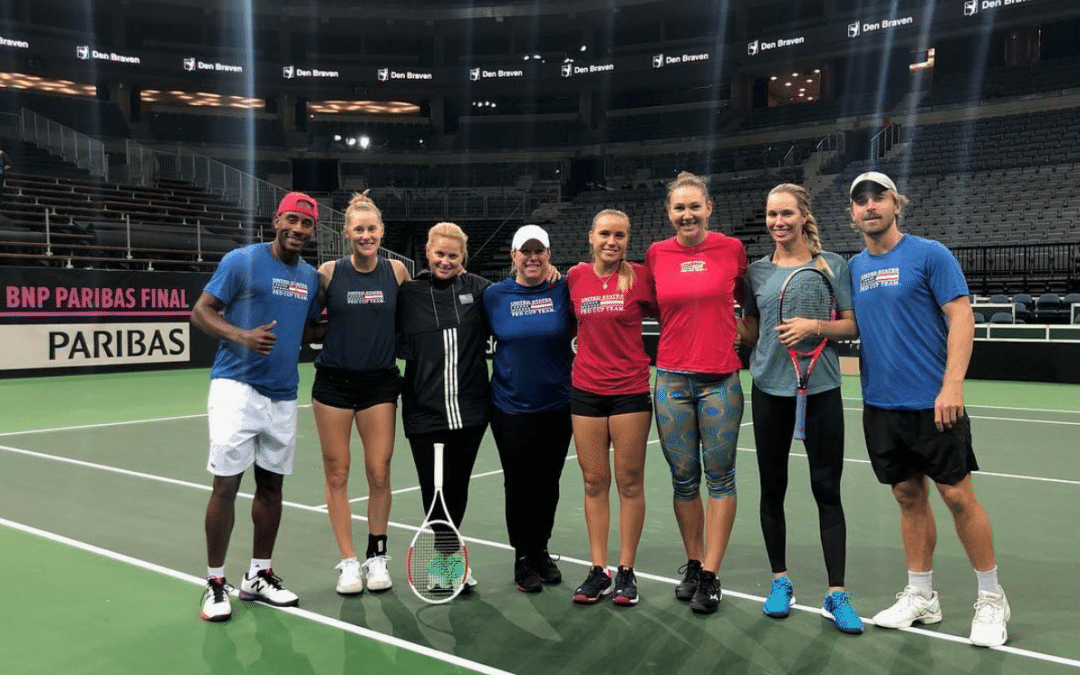- Listening and communication skills between players and coaches are developed¹. Although in a business context, Covey (1989) highlights the importance of these skills ‘Seek First to Understand, Then to Be Understood.’ Individuals no longer rely solely on their own voice, but make decisions collaboratively and effectively. Developing effective ways of working towards shared goals requires respect for one another’s strengths, support and encouragement of team-mates, as well as an openness for players and coaches to share ideas. Bill Walsh a former coach of the San Francisco 49ers often solicited ideas and input from his players during and after games.
- Team sports and events require patience, persistence and practice. It’s not about practicing alone, but showing up and working together to figure out team dynamics, best fits, and strategizing together. Individuals are taught the value of patience and persistence, when practice and effort are rewarded.
- Team sports and events allow individuals to socialize and build camaraderie with others that they may compete against in other circumstances. For juniors these are essential life lessons that enable them to prosper in all environments as they develop through life – ‘a competitor is not necessarily your foe’.
- Cultural barriers can be dismantled through team sport. Finding ways to adjust and work with others who may have different expressions, values and habits are essential life lessons.
- Leadership skills are developed in team environments. Through mutual accountability, individuals develop responsibility and take ownership of their role, whilst advocating their ideas and soliciting others input.
- Team environments are self-esteem boosters, and ego moderators. Some young athletes not previously exposed to group environments learn to recognise the strengths of others, whilst those who lack confidence develop self-esteem by a process of scaffolding through coach and peer relationships, positive reinforcement and appropriate constructive learning.
I leave you with a quote from Phil Jackson, President of New York Knicks, whose work as a coach and leader has centred on building successful teams.
‘The strength of the team is each individual member. The strength of each member is the team.’
References:
Yukelson, D. (1997). Principles of effective team building interventions in sport: A direct services approach at Penn State University. Journal of Applied Sport Psychology, 9 (1).
Covey, S. (1989). The even habits of highly effective people. New York: Fireside.
“Shameema Yousuf is Founder/Sport Psychology Consultant of Empower2Perform (www.empower2perform.com)”

